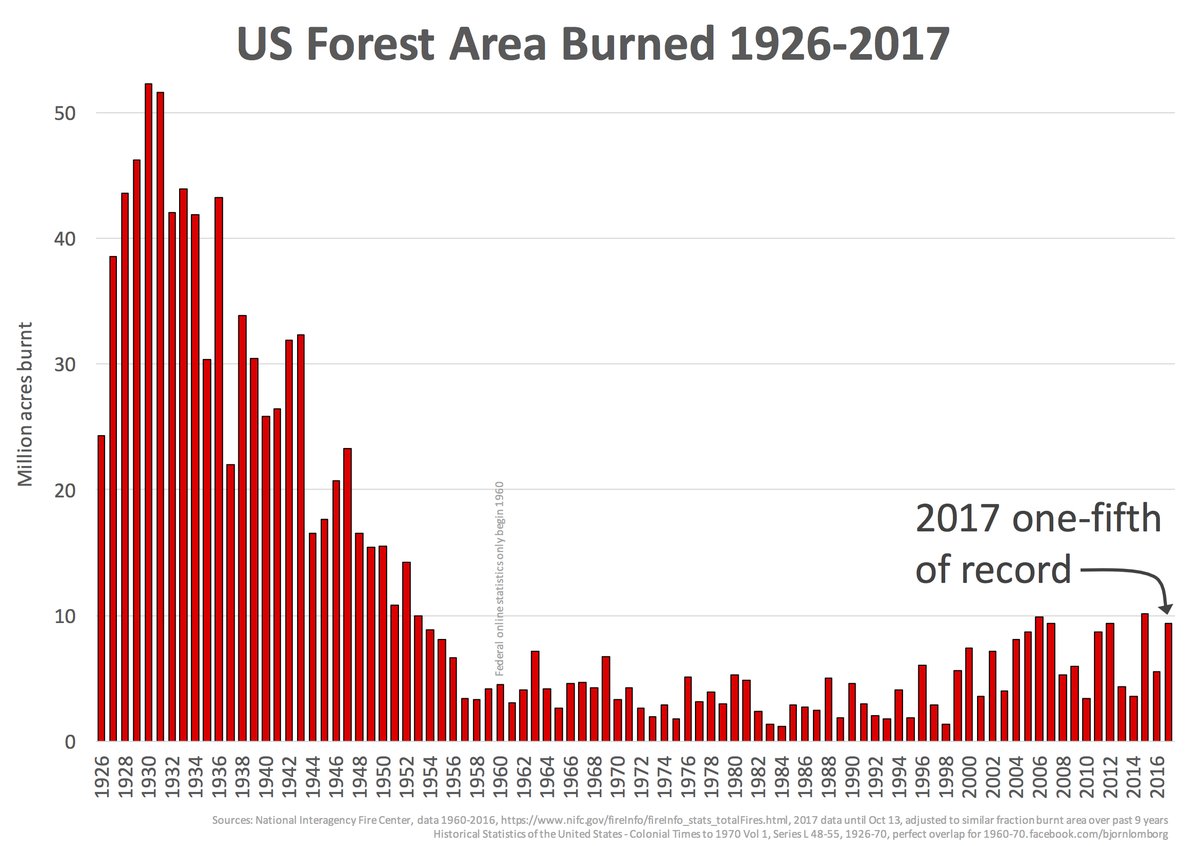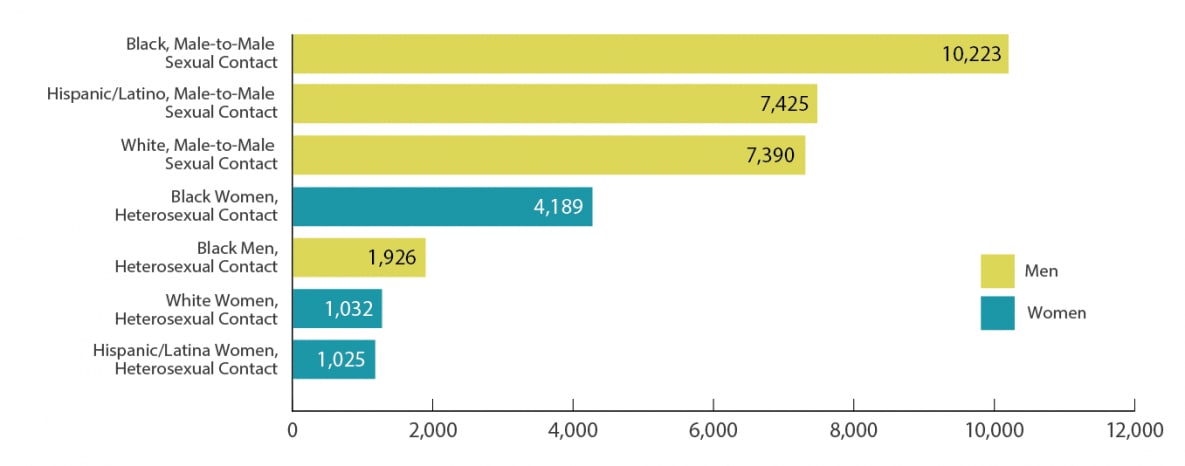1. Another "earth-like" planet bites the dust.
 |
| A trinary star system. Alpha Centauri AB, a double star, on left; Beta Centauri on right; Proxima Centauri, circled in red is at 5:00 relative to Alph. |
Too bad, because it's real close by, circling Proxima Centauri (the "proxima" is a dead give-away), the closest star to ours. The planet is only 30% more massive than earth (1.3 earths) and circles Prox within its "habitable" zone. Alas, there is more to "earth-like" than size and distance from its sun. It has to be the right kind of sun. Prox is a red dwarf. (No, not that Red Dwarf.) Which means the planet must orbit real close to the star (0.05 AU), and hence whirl real fast (1 year = 11.2 earth-days). This probably puts it into tidal lock, with one side always facing the star and the other in perpetual night. Red dwarves are stable, but given to periodic petulant outbursts: X-ray flares that could strip water vapor from the atmosphere and sterilize the sunside of the planet.
Yeah, earth-like.
2. Was the Early Universe Cream of Wheat or Oatmeal?
Robert Scherrer, a cosmologist at Vanderbilt, wonders how lumpy the early universe was.3. The Madness Continues
I bet you didn't know that data and statistics were racist. Neither did TOF! And yet, according to a "discipline" called "QuantCrit" and "Critical Race Theory", which sound awfully serious and academicalistic, they apparently are.Quantitative research enjoys heightened esteem among policy-makers, media, and the general public. Whereas qualitative research is frequently dismissed as subjective and impressionistic, statistics are often assumed to be objective and factual. We argue that these distinctions are wholly false; quantitative data is no less socially constructed than any other form of research material. The first part of the paper presents a conceptual critique of the field with empirical examples that expose and challenge hidden assumptions that frequently encode racist perspectives beneath the façade of supposed quantitative objectivity. The second part of the paper draws on the tenets of Critical Race Theory (CRT) to set out some principles to guide the future use and analysis of quantitative data. These ‘QuantCrit’ ideas concern (1) the centrality of racism as a complex and deeply rooted aspect of society that is not readily amenable to quantification; (2) numbers are not neutral and should be interrogated for their role in promoting deficit analyses that serve White racial interests; (3) categories are neither ‘natural’ nor given and so the units and forms of analysis must be critically evaluated; (4) voice and insight are vital: data cannot ‘speak for itself’ and critical analyses should be informed by the experiential knowledge of marginalized groups; (5) statistical analyses have no inherent value but can play a role in struggles for social justice.
-- David Gillborn, Paul Warmington & Sean Demack. "QuantCrit: education, policy, ‘Big Data’ and principles for a critical race theory of statistics." (Race Ethnicity and Education, Vol. 21, 2018 - Issue 2: QuantCrit:Rectifying Quantitative Methods Through Critical Race Theory.)Reading between the lines, TOF suspects the authors are writing about quantitative analysis in something called social "sciences," and in this TOF actually agrees with them. As Daniel Dennett observed regarding efforts to study "religion" in the social "sciences,"
There can be no science of any hard empirical variety when the very act of identifying one’s object of study is already an act of interpretation, contingent on a collection of purely arbitrary reductions, dubious categorizations, and biased observations.which is essentially the same complaint as made by Gillborn et al. Of course, to them, it is all in service to white (is there any other kind?) racism. When your only tool is a hammer, everything becomes a nail, and one can never expect a paper appearing in a journal entitle Race Ethnicity and Education to discover a case of no racism!
However, TOF disagrees with them that reified numbers are themselves racist, let alone that we may "interrogate" them. One may as well call genes "selfish." LOL. It is entirely possible that data are used by racists -- we note that all three co-authors are white and therefore, ipso facto, racists (though TOF notices a deficit among those who find society "deeply rooted" in racism to include themselves among those entangled in those roots); but it is more likely that their confreres have been using statistics ineptly in an effort to imitate real scientists. Their efforts to measure the immeasurable are cute, but calling a questionnaire an "instrument" does not make it the equivalent of a micrometer or a telescope.
It is not likely that confirmation bias has allowed the authors to see that this applies equally well to "studies" of religious believers, "free will," Republicans, conservatives, or any other targets of their colleagues' gimlet eyes.
4. A Lament for Canada
By David Warren may sound familiar to more southern [USAn] ears. The whole is worth reading.We confront today a State which has taken upon itself an interventionist rôle in every aspect of daily life; which claims an authority far beyond that of the Church in the most remote theocratic corner of the Dark Ages. And through modern technology, neutral in itself, the State has acquired absolute power to enforce its authority and its whims.
We have what I now call the State as Twisted Nanny, imposing her insatiable will on the motherless children of our post-modern orphanage, now that the traditional family is largely destroyed. Twisted Nanny treats her “clients” as wayward children, of no individual significance, and with “rights” only insofar as they are organized in groups for whining, and need to be bought off.
-- David Warren, "News to a foreign country" (Essays in Idleness)Commenting on the "media," he goes on to say:
"I would call very few of my former [journalist] colleagues Leftists or fanatics of any kind, or even uncritical supporters of the mainstream progressive agenda. In private, many will utter things that would explode the heads of the politically correct — if they were listening. But first they look around to see who is listening. That caution, about being overheard, is a sign of our times.
###
Never expect the agents of publicity to be on your side; think one step ahead of them, instead. They won’t be on your side today or tomorrow, or until the day that you win everything, and even then, they won’t be on your side. For they will be on the side of power and comfort, as they always were. If the whole country turned Mediaeval Catholic, tomorrow morning, they would kneel and take up their Rosaries; and have as much faith as they had the day before."
5. Le Steampunk Ancien
Mark Koyama, an economist at George Mason University specializing in economic history, law and economics and institutional economics, enthralled by an alt-hist novel, Kingdom of the Wicked by Helen Dale, asks, "Could Rome Have Had an Industrial Revolution?"The short answer is, "Of course not." The rather longer answer, by Mr. Koyama, is "Sure could have!" He writes:
"Dale forces us to consider Jesus as a religious extremist in a Roman world not unlike our own. The novel throws new light on our own attitudes to terrorism, globalization, torture, and the clash of cultures. It is highly recommended."Well, whatever. When the only mental tool you have is a hammer, all of history is full of nails. Another possibility is that Jesus was of no particular secular consequence at the time, and it was Rome that was into torture and globalization, and wrt to the Jews [and the Gauls] was on a roll clash-of-cultures-wise. Not to mention the Persians. with whom they were more-or-less in a permanent state of clash.
Mention is made of Heron of Alexandria's invention of the "steam engine" in Early Imperial times and suggests that this did not catch on because the vast number of slaves meant human labor never lost its economic comparative advantage, almost as if Progress™ were a given unless something "impedes" it. This analysis loses its charm when we realize that Heron's aeolipile was not in fact an engine of any sort. That is, it could not do work, for the excellent reason that the arts of metallurgy were not sufficiently advanced to produce steam boilers sufficient to retain the necessary pressures to drive jack. Prior art matters.
Dale, a lawyer, speculates that an early industrial revolution might have been realized had Archimedes not been killed during Marcellus' sack of Syracus. But this supposes that Archimedes was an inventor of some practical kind based on yarns about his inventions during the siege, some of which are downright fantastical. Now, these gadgets had been built well before to illustrate theorems in geometry and just happened to be sitting there when the Romans showed up. Others had done so in ages past, only to be denounced by Plato for involving base matter in what should have been the pure spiritual pursuit of geometry. In Plutarch's Life of Marcellus (written ca. AD 75 about events that took place in 212 BC) we find the source for these stories and learn that:
Yet Archimedes possessed so high a spirit, so profound a soul, and such treasures of scientific knowledge, that though these inventions had now obtained him the renown of more than human sagacity, he yet would not deign to leave behind him any commentary or writing on such subjects; but, repudiating as sordid and ignoble the whole trade of engineering, and every sort of art that lends itself to mere use and profit, he placed his whole affection and ambition in those purer speculations where there can be no reference to the vulgar needs of life; studies, the superiority of which to all others is unquestioned, and in which the only doubt can be whether the beauty and grandeur of the subjects examined, of the precision and cogency of the methods and means of proof, most deserve our admiration.IOW, it is unlikely whether, had he lived, Archimedes would have been the Spark of an Industrial Revolution. The mental attitudes were not there. He certainly had not been so up to then. As Brian Stock wrote in "Science, Technology, and Economic Progress in the Early Middle Ages," [the Roman’s] "daily experience led him to believe that nature’s forces could be imitated, even placated; he was less sure they could be understood." In the same essay he adds, "The failure of Greece and Rome to increase productivity through innovation is as notorious as the inability of historians from Gibbon to the present to account for it."






